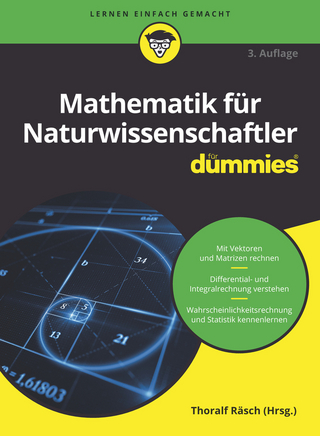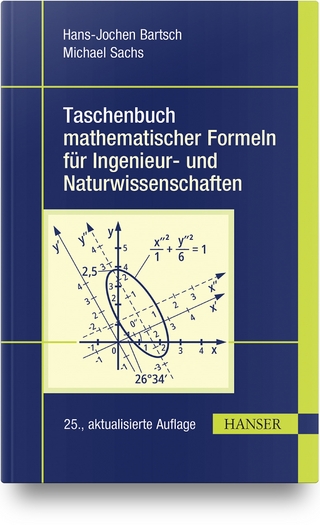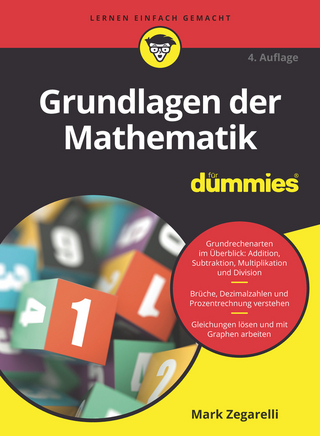
Numbers
What They Mean and Where They Come from
Seiten
2007
|
New edition
Quercus Publishing (Verlag)
978-1-84724-028-6 (ISBN)
Quercus Publishing (Verlag)
978-1-84724-028-6 (ISBN)
- Titel ist leider vergriffen;
keine Neuauflage - Artikel merken
When did men begin to count and record numbers? Just what is number? And how and why have people's ideas about that question changed over the ages? This book features answers, from ancient Greece, which illuminate mathematical understanding and nurture numeracy.
To understand numbers, it is necessary to understand what they mean, how they work and how they may be manipulated. And there is no better way to study these things than by looking at the history of numbers. For it is in the past that it is easiest to see how our ancestors gradually discovered the properties of numbers, and gradually discovered and improved the techniques of making numbers work. When did men begin to count and record numbers? Just what is number? And how and why have people's ideas about that question changed over the ages? How many different methods have been invented, over the centuries, to perform each of the main arithmetical processes? Who made the first calculating machines? And when? And what could they calculate, and how? When did people hit on the idea of solving problems by equations? The answers, from ancient Greece to the present, can illuminate mathematical understanding and nurture numeracy. Anyone with an interest in numbers will find Graham Flegg's book invaluable for the exceptionally wide range of topics which it covers.
To understand numbers, it is necessary to understand what they mean, how they work and how they may be manipulated. And there is no better way to study these things than by looking at the history of numbers. For it is in the past that it is easiest to see how our ancestors gradually discovered the properties of numbers, and gradually discovered and improved the techniques of making numbers work. When did men begin to count and record numbers? Just what is number? And how and why have people's ideas about that question changed over the ages? How many different methods have been invented, over the centuries, to perform each of the main arithmetical processes? Who made the first calculating machines? And when? And what could they calculate, and how? When did people hit on the idea of solving problems by equations? The answers, from ancient Greece to the present, can illuminate mathematical understanding and nurture numeracy. Anyone with an interest in numbers will find Graham Flegg's book invaluable for the exceptionally wide range of topics which it covers.
Graham Flegg was a founder-member of the Open University as Reader in Mathematics, and a former President of the British Society for the History of Mathematics. His many published works include books on Boolean Algebra, Mathematical Structures, and Topology, as well as a number of Open University texts.
| Erscheint lt. Verlag | 11.1.2007 |
|---|---|
| Verlagsort | London |
| Sprache | englisch |
| Maße | 127 x 196 mm |
| Themenwelt | Sachbuch/Ratgeber ► Natur / Technik |
| Mathematik / Informatik ► Mathematik ► Allgemeines / Lexika | |
| Mathematik / Informatik ► Mathematik ► Mathematische Spiele und Unterhaltung | |
| ISBN-10 | 1-84724-028-3 / 1847240283 |
| ISBN-13 | 978-1-84724-028-6 / 9781847240286 |
| Zustand | Neuware |
| Haben Sie eine Frage zum Produkt? |
Mehr entdecken
aus dem Bereich
aus dem Bereich
Buch | Hardcover (2023)
Hanser, Carl (Verlag)
CHF 41,95


